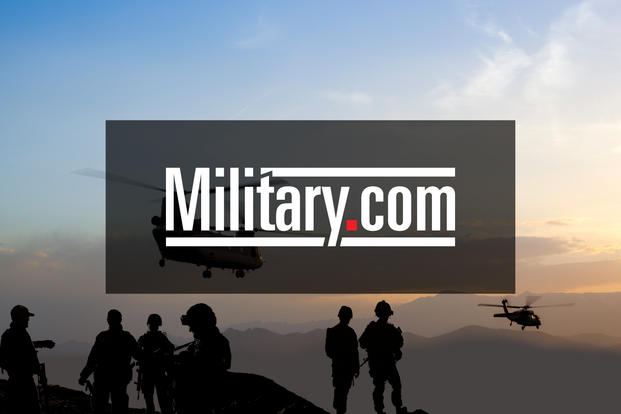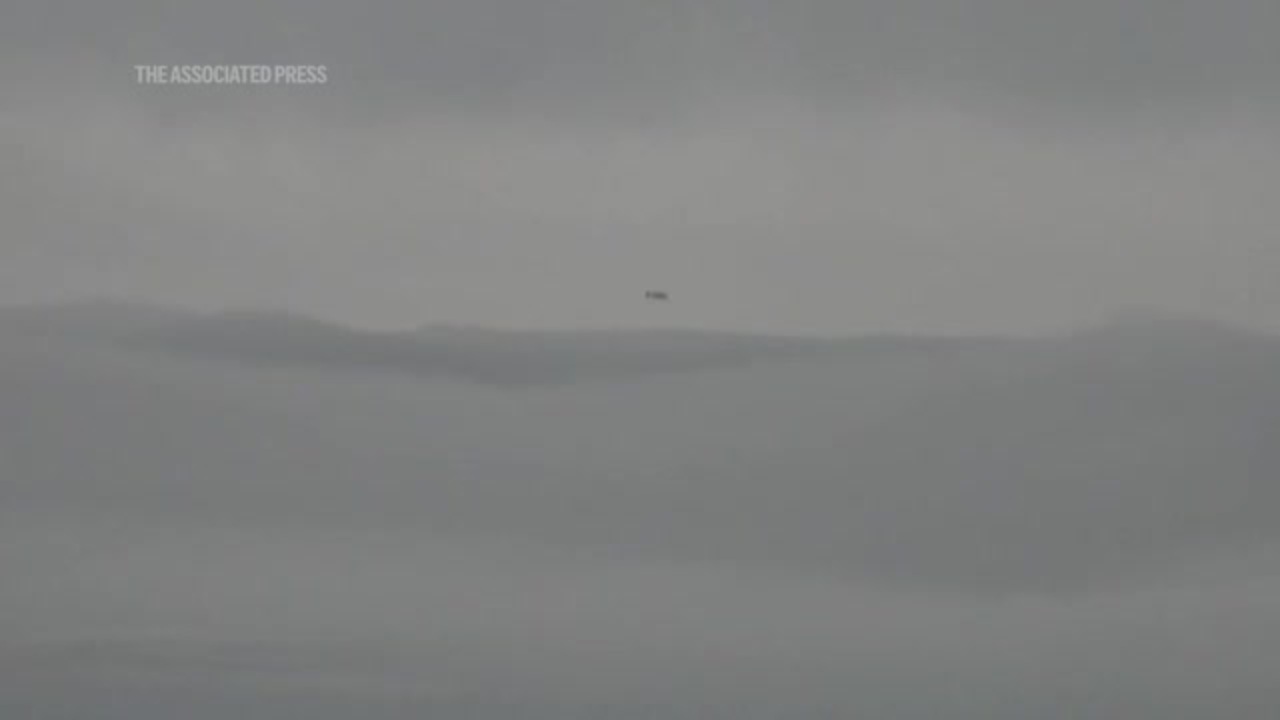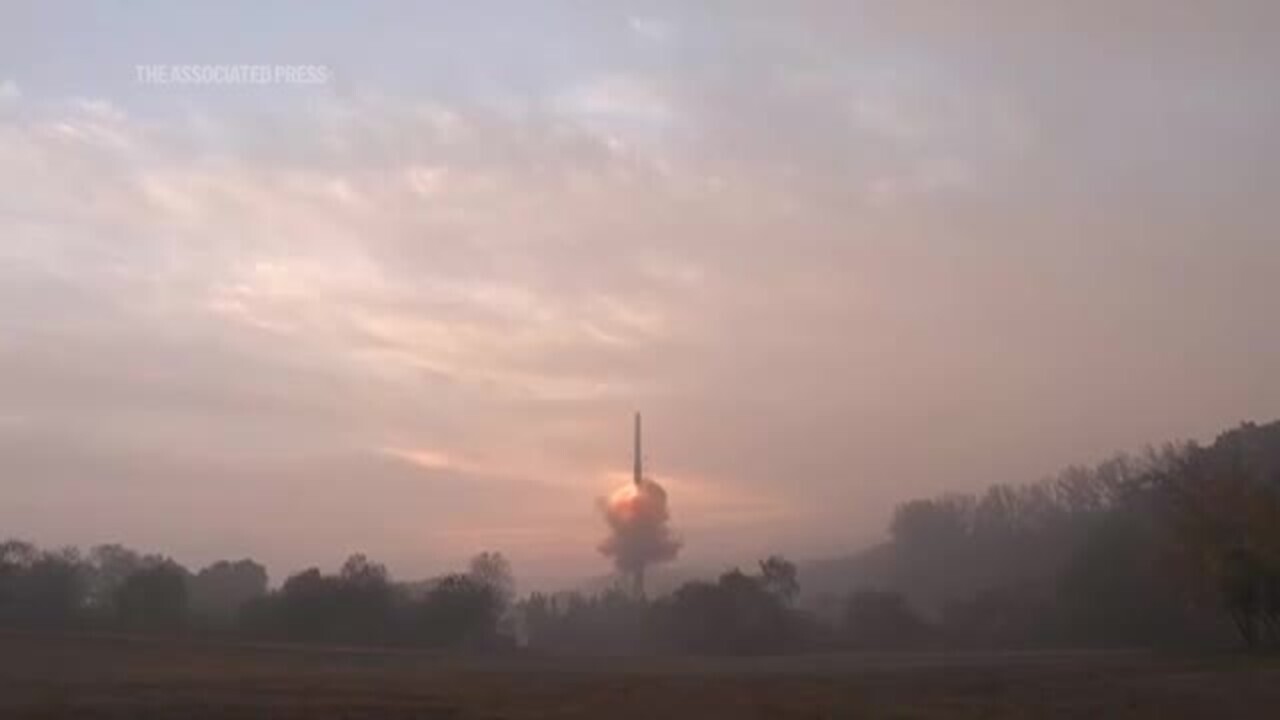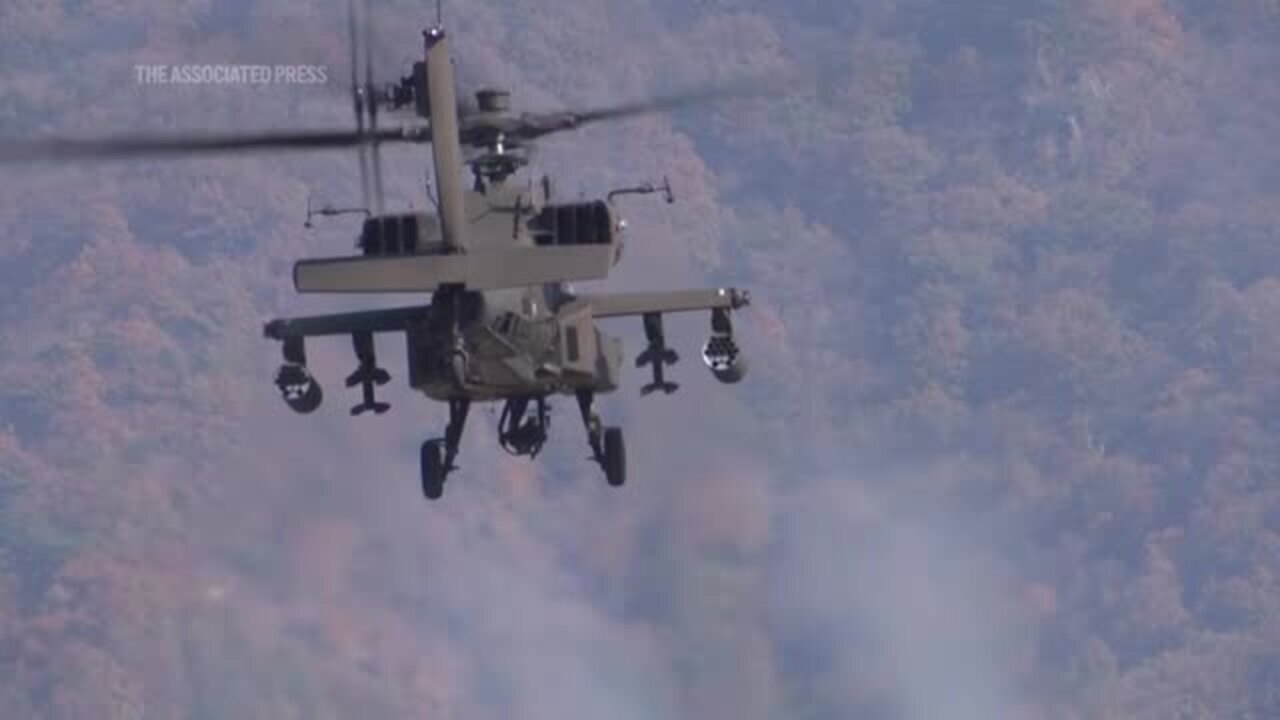The U.S. commander in Afghanistan said Thursday that "additional capabilities" were already arriving in the military buildup announced earlier this week by President Donald Trump.
Army Gen. John Nicholson, commander of U.S. Forces-Afghanistan and the NATO Resolute Support Mission, was careful not to say whether the new "capabilities" included more troops, but Army Gen. Joseph Votel, Nicholson's superior as head of U.S. Central Command, said Tuesday that additional troops could be on the ground within days or weeks.
At a news conference in Kabul, Nicholson said "There will be additional capabilities, some of that is already arriving, but we are not going to talk about the specific numbers," the New York Times reported.
Echoing what Trump said Monday in an address to the nation, Nicholson said "We are not going to telegraph to the enemy what it is we are going to do and how we are going to influence the battlefield."
In forceful terms, Nicholson, who has been lobbying for more troops since February, said that Trump's pledge to send more resources and put pressure on Pakistan meant that the U.S. will stay in the 16-year-old war until the Taliban agrees to lay down its arms and the Islamic State offshoot known as ISIS-K is destroyed.
The message to the Kabul government and the Afghan National Security Defense Forces was "We are with you in this fight and we will stay with you." Nicholson said.
"The United States and our NATO Allies and partners are with you. We stand with your security forces against terrorists and the enemies of Afghanistan," Nicholson said.
"Along with our Afghan partners, we will relentlessly pursue ISIS-K (Islamic State-Khorasan province) and annihilate them," Nicholson said. "We will continue to crush the remnants of al Qaeda, and we will increase our pressure on all terrorist groups in Afghanistan."
Nicholson said the Taliban should view Trump's renewed commitment as a guarantee that they cannot win on the battlefield by waiting for the U.S. to lose resolve.
He urged the Taliban to "Stop fighting against your countrymen. Stop killing innocent civilians. Stop bringing hardship and misery to the Afghan people. Lay down your arms and join Afghan society. Help build a better future for this country and your own children," Nicholson said.
Nicholson also repeated some of the pledges that U.S. commanders have been making since U.S. troops entered the country in 2001 -- the Afghan security forces would become more professional, corruption would be curbed, and the government would be reformed.
The Taliban immediately rejected Nicholson's offer. Taliban spokesman Zabihullah Mujahid told The Associated Press that the group would "not giving our guns to anyone and our Taliban are fighting until the last U.S. soldier is no longer here in Afghanistan."
Afghanistan's New Unity Government (NUG) of President Ashraf Ghani and Chief Executive Abdullah Abdullah expressed relief at Trump's buildup which will add troops and keep the flow of U.S. support and aid coming that props up the failing economy.
In his own address to the nation Wednesday, Ghani said that "After this (Trump's commitment), there is no timeline or time-based conditions -- the US will stay with the Afghan people to the end."
However, former Afghan President Hamid Karzai said in Tweets that the new Trump strategy "excludes bringing peace and prosperity to Afghanistan and is focused on more war and rivalry in the region."
In the long deliberations on a new strategy, Trump acknowledged Monday night that "my original instinct was to pull out" and abandon the effort that has cost the U.S. nearly $1 trillion and the lives of more than 2,250 troops.
However, Trump said he had come to realize that a "hasty withdrawal" would allow Afghanistan to return to being a sanctuary for terrorists to plot attacks against the U.S. homeland and repeat the mistakes of the Obama administration in withdrawing from Iraq, resulting in the rise of ISIS.
"We cannot repeat in Afghanistan the mistakes our leaders made in Iraq," Trump said.
Currently, there are about 8,500 U.S. troops in Afghanistan, although defense officials told the Wall St. Journal earlier this week that the actual number on the ground was closer to 12,000 due to overlaps in troop rotations and the widespread use of troops on so-called "temporary" assignment. A similar situation exists in trying to determine the actual number of U.S. troops in the ground in Iraq and Syria.
Nicholson began asking in February for a "few thousand" more troops and Defense Secretary Jim Mattis was believed to be considering deploying about 3,900. However, Mattis said earlier this week that there was a number "I'm authorized to go up to" but he would not give any figures until Joint Chiefs Chairman Gen. Joseph Dunford presented him with detailed deployment plan.
In his speech, Trump said he was also counting on more support from NATO. "We will ask our NATO allies and global partners to support our new strategy, with additional troops and funding increases in line with our own. We are confident they will," Trump said.
In a statement Tuesday, NATO Secretary General Jens Stoltenberg said "NATO remains fully committed to Afghanistan and I am looking forward to discussing the way ahead with Secretary Mattis and our allies and international partners."
However, it was unclear how much support NATO could and would offer, given the focus of the alliance on the Russian threat.
In addition to the U.S. forces, NATO and coalition partners have about 4,500 troops in Afghanistan. They are strictly limited to the train, advise and assist role, unlike the U.S. forces which also carry out counter-terror raids and airstrikes.
Some allies have already indicated that they are only prepared to make modest increases in their troop commitments.
Poland, which has 200 soldiers currently serving there, has said it intends to boost that number to 230. Britain has 585 troops in Afghanistan, and an additional 85 advisers have already been pledged.
"The U.S. commitment is very welcome," Michael Fallon, Britain's defense secretary, said in a statement Tuesday. "It's in all our interests that Afghanistan becomes more prosperous and safer: That's why we announced our own troop increase back in June."
However, Fallon did not indicate any plans to increase British forces beyond what it has already pledged.
-- Richard Sisk can be reached at Richard.Sisk@Military.com.

























